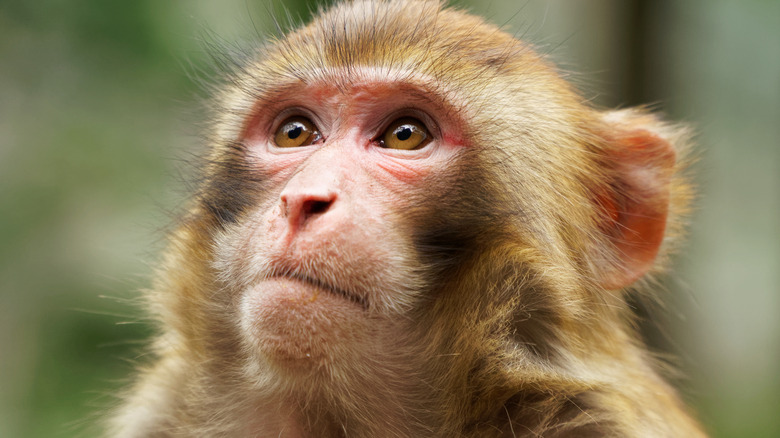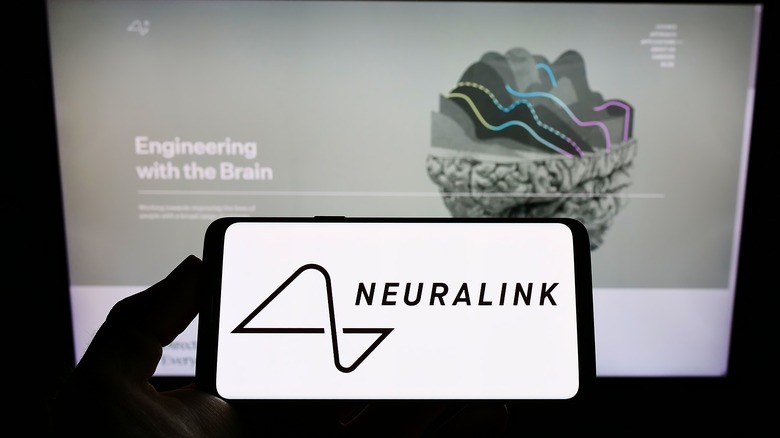Neuralink Faces Another Probe, This Time Over Transporting Monkey Brain Implants
Neuralink didn't manage to reach its goal of starting human trials in 2020, and that has reportedly been a big issue for owner Elon Musk. The neurotechnology company is developing what it describes as "brain-machine interfaces" that, in the utopian view of things, could lead to implants that help restore mobility in paralyzed individuals and treat other types of neurological damage caused by diseases. That's a noble cause, but the effort to reach that point has reportedly come at the expense of animal safety, leading to allegations of cruelty and needless deaths.
In early December 2022, Reuters alleged that Neuralink was facing an investigation by the USDA over claims that it had rushed experiments in an effort to meet Musk's demanding timeline, allegedly leading to the unnecessary suffering and deaths of animals. The allegations — which were based on documentation Reuters had viewed, as well as claims from insiders — were expansive, including everything from surgeries that reportedly had to be repeated due to avoidable mistakes all the way to staff who were said to have been unprepared to conduct the surgeries. Insiders claimed that some employees had left the company over concerns about how the animals were treated, and that others raised concerns internally, but that ultimately the workers faced a "pressure cooker environment."
Only two months later, a new report from Reuters reveals that Neuralink faces another investigation, this time by the U.S. Department of Transportation over allegations that it had improperly transported implants removed from monkeys' brains — implants that may, in some cases, have harbored risky pathogens like antibiotic-resistant staph.
Neuralink accused of improperly handling implants removed from sick monkeys
The latest investigation is the result of another complaint about Neuralink penned by the Physicians Committee of Response Medicine (PCRM), which alleges in a letter that it has obtained public records that reveal the potentially unsafe handling of these removed implants. PCRM claims that "individuals working for Neuralink appear to have unsafely packaged and transported materials ... carrying infectious pathogens on several occasions." The committee reveals that the sources of its information are documents provided by the University of California, Davis, under the state's public records act. The university worked as a partner with Neuralink from 2017 to late 2020.
At the time of penning its letter, PCRM claims to have obtained 327 pages of "communications between Neuralink and UC Davis." Emails included in these documents allegedly reveal concerns among university employees about the handling and transportation of removed implants. Quoted emails shared in PCRM's letter describe multiple instances of removed implants allegedly being transported improperly between Neuralink and UC Davis, including ones that were reportedly removed from monkeys suffering from serious infections. As well, the letter claims that "on at least one occasion, Neuralink employees transported explanted hardware carrying potentially infectious substances from the company's facility to UC Davis 'in an open box with no secondary container.'"
The U.S. Department of Transportation confirmed in a statement to Reuters that it is investigating the matter to determine whether Neuralink has violated laws related to the handling and transportation of these hazardous materials. The news comes only a few months after Elon Musk claimed (again) that human trials at Neuralink may be right around the corner.

